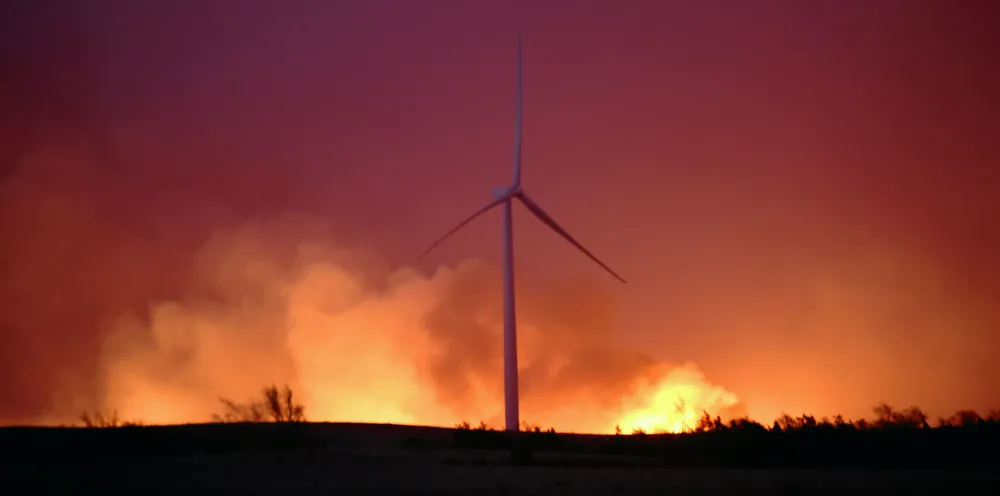Banks' status quo backing of fossils sector 'fuelling climate chaos': report
US financial institutions among worst culprits of unwavering support of oil, gas and coal projects, providing $3.8trn to the sector since 2015 Paris Agreement

US financial institutions among worst culprits of unwavering support of oil, gas and coal projects, providing $3.8trn to the sector since 2015 Paris Agreement
